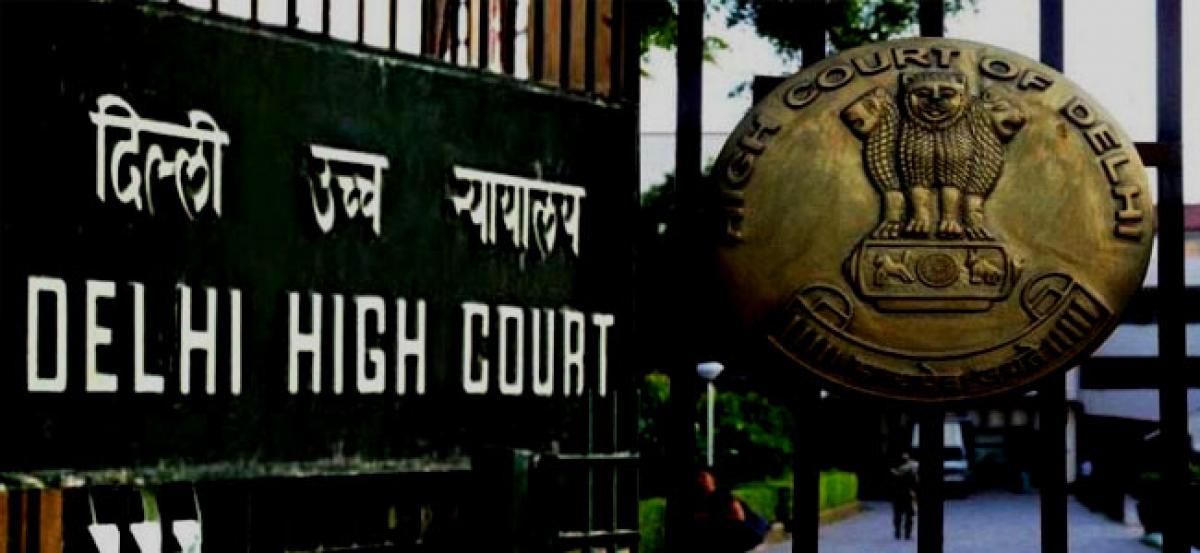Marriage doesn't mean wife always ready for sex: Delhi HC on marital rape

Marriage does not mean that a woman is always consenting for physical relations with her husband, the Delhi High Court today observed and also held that physical force is not necessary for constituting the offence of rape
Marriage does not mean that a woman is always consenting for physical relations with her husband, the Delhi High Court today observed and also held that physical force is not necessary for constituting the offence of rape.
A bench of Acting Chief Justice Gita Mittal and C Hari Shankar said that in a relationship like marriage, both man and woman have a right to say 'no' to physical relations.
The court's observation came while hearing pleas seeking to make marital rape an offence and others opposing it.
"Marriage does not mean that the woman is all time ready, willing and consenting (for establishing physical relations). The man will have to prove that she was a consenting party," the bench observed.
It did not agree with the submission of NGO Men Welfare Trust, which is opposing the plea to make marital rape an offence, that in spousal sexual violence, the use of force or threat of force are important elements to constitute the offence.
"It is incorrect to say that (physical) force is necessary for rape. It is not necessary to look for injuries in a rape. Today, the definition of rape is completely different," the court said.
The NGO's representatives Amit Lakhani and Ritwik Bisaria argued that a wife already has protection from sexual violence in a marriage under the available laws, including Prevention of Women from Domestic Violence Act, harassment to married woman, sexual intercourse with wife without her consent while she is living separately and unnatural sex.
To this, the court said, if it was already covered under the other laws, why should there be exception in Section 375 of the IPC, which says intercourse or a sexual act by a man with his wife is not rape.
"Force is not a pre condition of rape. If a man puts his wife under financial constraint and says he will not give her money for household and kids expenses, unless she indulges in sex with him and she has to do it under this threat. Later, she filed a rape case against the husband, what will happen," the court said.
Men Welfare Trust was opposing the petitions filed by NGO RIT Foundation and the All India Democratic Women's Association, which have challenged the constitutionality of Section 375 (which defines rape) of the IPC on the ground that it discriminated against married women being sexually assaulted by their husbands.
The arguments remained inconclusive and will continue on August 8, the next date of hearing.
Earlier, Kolkata-based NGO Hridaya had also opposed the plea to make marital rape an offence, saying consent for physical relations is for all time when a person enters the institution of marriage.
The high court had earlier agreed to examine the issue raised in PILs by advocate Karuna Nundy, who represented RIT Foundation and the All India Democratic Women's Association, and a man and a woman, who have sought striking down the exception in the Indian penal law that does not consider sexual intercourse with a wife, not less than 15 years of age, as rape.
The petitions have also sought setting aside of the exception in the rape law that protects husbands, saying that it violates the right to equality, freedom and to live life with dignity provided under the Constitution.
The Delhi government had said that quashing the protection husbands enjoy against prosecution for marital rape would lead to "creation of an offence", which is a legislative job and courts cannot create or legislate an offence, which would be the inevitable outcome of striking down of the exception in the IPC.
The Centre has opposed the main petitions saying marital rape cannot be made a criminal offence as it could become a phenomenon which may destabilise the institution of marriage and an easy tool for harassing the husbands.
















